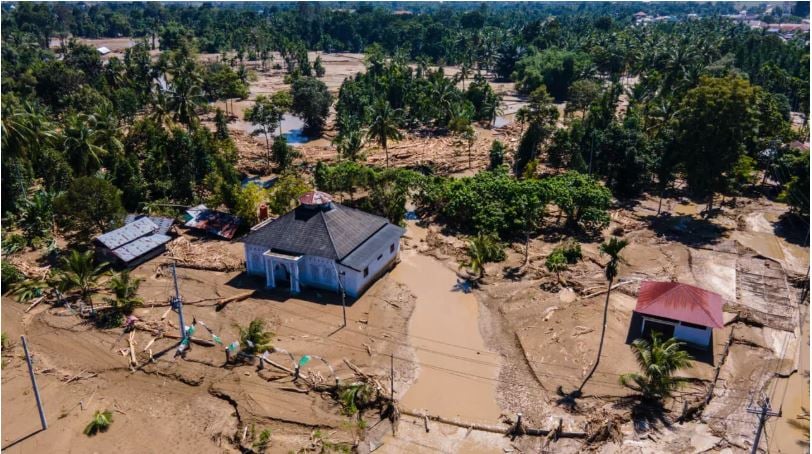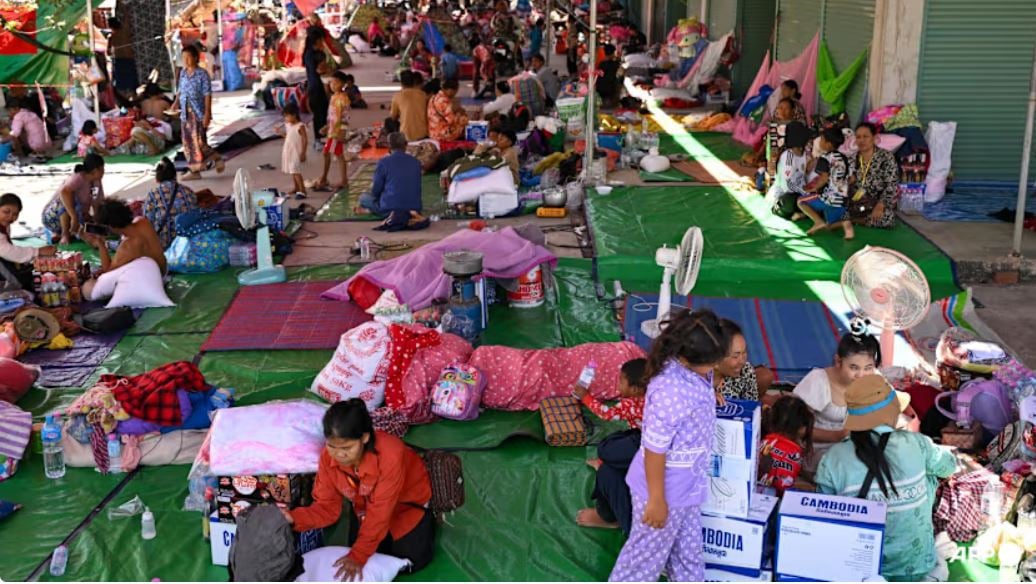Twenty-five nations, home to 25% of the world's population, experience acute water stress each year as a result of routinely using up practically all of their available water supply.
Four billion people, or at least 50% of the world's population, are presently under severe water stress for at least one month of the year, according to data released by the World Resources Institute on Wednesday. The percentage may be closer to 60% by 2050. World water demand is rising and has more than doubled since 1960, according to WRI's Aqueduct water risk map.
“Living with this level of water stress jeopardizes people’s lives, jobs, food, and energy security. Water is central to growing crops and raising livestock, producing electricity, maintaining human health, fostering equitable societies, and meeting the world’s climate goals. Without better water management, population growth, economic development, and climate change are poised to worsen water stress,” the report’s authors say.
As per the research, the 25 countries; Bahrain, Cyprus, Kuwait, Lebanon, Oman, Qatar, the United Arab Emirates, Saudi Arabia, Israel, Egypt, Libya, Yemen, Botswana, Iran, Jordan, Chile, San Marino, Belgium, Greece, Tunisia, Namibia, South Africa, Iraq, India, and Syria are exposed to high water stress annually. This means that such countries use more than 80 percent of their renewable water supply for irrigation, livestock, industry, and domestic needs.
"Even a short-term drought puts these places in danger of running out of water and sometimes prompts governments to shut off the taps," the research said.
The research also said that by 2050, an additional one billion people are expected to live with extremely high water stress, even if the world limits global temperature rise to 1.3 degrees C to 2.4 degrees C (2.3 degrees F to 4.3 degrees F) by 2100, an optimistic scenario.
"Global water demand is projected to increase by 20 percent to 25% by 2050, while the number of watersheds facing high year-to-year variability, or less predictable water supplies, is expected to increase by 19 percent," it added.
According to the paper, measures can prevent water stress from causing catastrophes. The research states that Singapore and Las Vegas have managed to flourish despite having little access to water. Using desalination and other methods like wastewater treatment and reuse, the local authorities have managed to save water.
The authors of the paper contend that political will is required to implement water efficiency and lessen water stress.
Four billion people, or at least 50% of the world's population, are presently under severe water stress for at least one month of the year, according to data released by the World Resources Institute on Wednesday. The percentage may be closer to 60% by 2050. World water demand is rising and has more than doubled since 1960, according to WRI's Aqueduct water risk map.
“Living with this level of water stress jeopardizes people’s lives, jobs, food, and energy security. Water is central to growing crops and raising livestock, producing electricity, maintaining human health, fostering equitable societies, and meeting the world’s climate goals. Without better water management, population growth, economic development, and climate change are poised to worsen water stress,” the report’s authors say.
As per the research, the 25 countries; Bahrain, Cyprus, Kuwait, Lebanon, Oman, Qatar, the United Arab Emirates, Saudi Arabia, Israel, Egypt, Libya, Yemen, Botswana, Iran, Jordan, Chile, San Marino, Belgium, Greece, Tunisia, Namibia, South Africa, Iraq, India, and Syria are exposed to high water stress annually. This means that such countries use more than 80 percent of their renewable water supply for irrigation, livestock, industry, and domestic needs.
"Even a short-term drought puts these places in danger of running out of water and sometimes prompts governments to shut off the taps," the research said.
The research also said that by 2050, an additional one billion people are expected to live with extremely high water stress, even if the world limits global temperature rise to 1.3 degrees C to 2.4 degrees C (2.3 degrees F to 4.3 degrees F) by 2100, an optimistic scenario.
"Global water demand is projected to increase by 20 percent to 25% by 2050, while the number of watersheds facing high year-to-year variability, or less predictable water supplies, is expected to increase by 19 percent," it added.
According to the paper, measures can prevent water stress from causing catastrophes. The research states that Singapore and Las Vegas have managed to flourish despite having little access to water. Using desalination and other methods like wastewater treatment and reuse, the local authorities have managed to save water.
The authors of the paper contend that political will is required to implement water efficiency and lessen water stress.


















